The Ultimate Guide To Companion Herbs: Which Herbs Grow Well Together
Introduction
Companion planting is the practice of planting certain plants near each other to benefit each other's growth and health. This is a natural way to improve your garden's productivity and reduce the need for pesticides.
Herbs are a great choice for companion planting because they have many beneficial properties. They can attract beneficial insects, repel pests, improve the flavor of other plants, and even help to improve the soil.
In this blog post, we will discuss the benefits of companion planting with herbs, and we will provide a list of herbs that grow well together. We will also discuss some of the herbs that should not be planted together.
Benefits of Companion Planting with Herbs
There are many benefits to companion planting with herbs. Here are a few of the most important:
- Increased productivity: Companion planting can help to increase the productivity of your garden. For example, basil can help to improve the growth and flavor of tomatoes, and chives can help to repel pests from carrots.
- Reduced pest pressure: Companion planting can help to reduce the need for pesticides. For example, mint can help to repel mosquitoes, and lavender can help to repel moths.
- Improved soil health: Herbs can help to improve the soil health of your garden. For example, parsley can help to fix nitrogen in the soil, and thyme can help to improve drainage.
- Enhanced flavor: Herbs can enhance the flavor of other plants. For example, dill can add a subtle sweetness to cucumbers, and oregano can add a savory flavor to tomatoes.
Herbs that Grow Well Together
Here is a list of some of the herbs that grow well together:
- Basil and tomatoes: Basil is a classic companion plant for tomatoes. It helps to improve the flavor of tomatoes and repels pests such as aphids and whiteflies.
- Chives and carrots: Chives help to repel pests such as carrot flies and root maggots. They also help to improve the flavor of carrots.
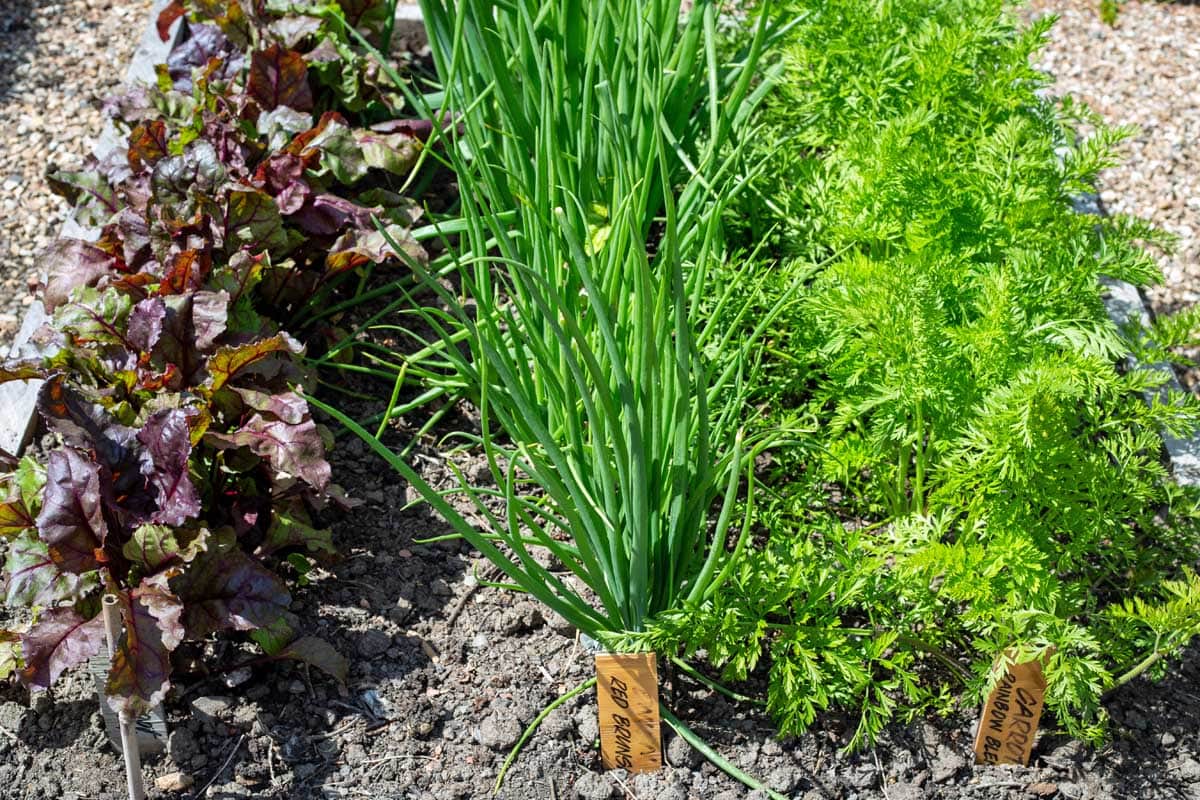
- Dill and cabbage: Dill helps to repel pests such as cabbage moths and flea beetles. It also helps to improve the flavor of cabbage.
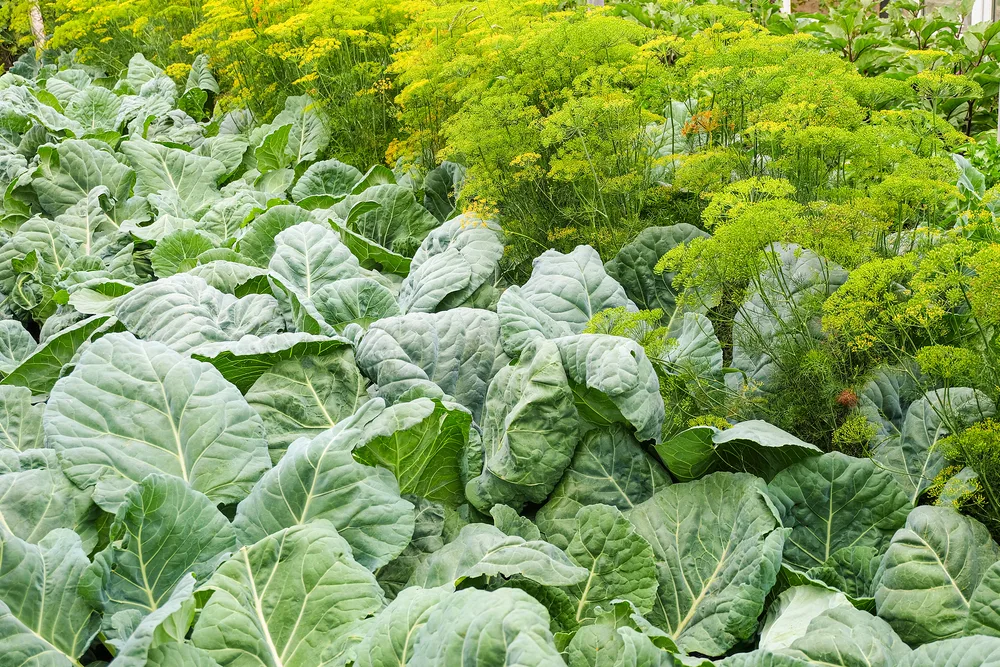
- Lavender and roses: Lavender helps to repel pests such as aphids and spider mites. It also helps to improve the fragrance of roses.
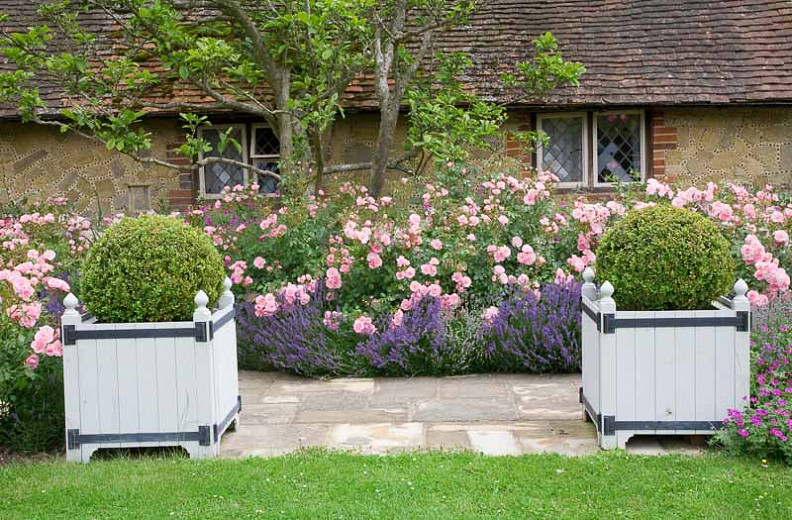
- Marjoram and oregano: Marjoram and oregano are both members of the mint family, so they grow well together. They also help to attract beneficial insects such as bees and ladybugs.

- Parsley and beans: Parsley helps to improve the flavor of beans and repels pests such as aphids. It also helps to fix nitrogen in the soil, which benefits the beans.
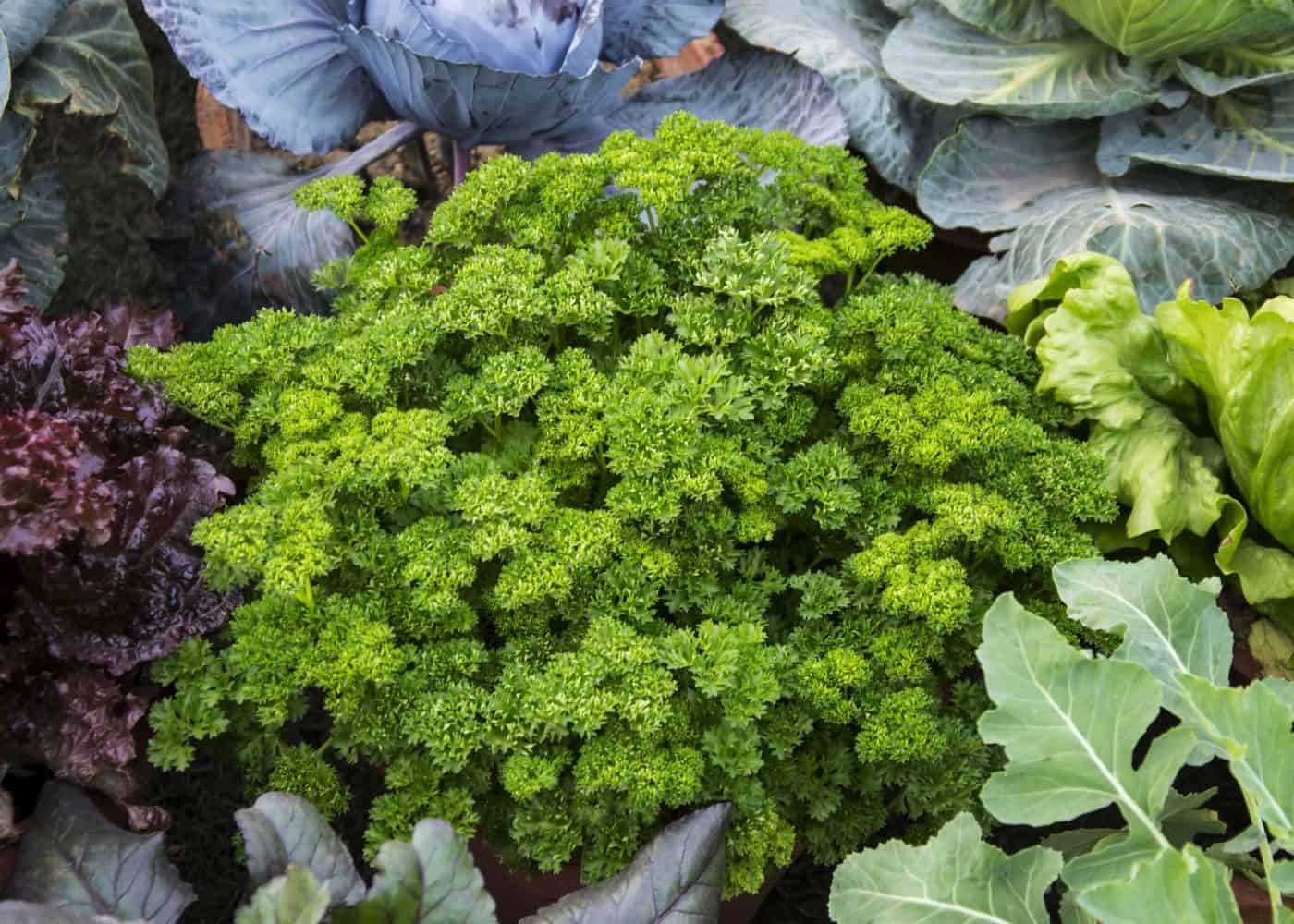
- Rosemary and thyme: Rosemary and thyme are both Mediterranean herbs that grow well together. They also help to repel pests such as aphids and spider mites.

Herbs that Should Not Be Planted Together
There are a few herbs that should not be planted together. Here are a few of the most important:
- Fennel and cilantro: These two herbs are incredibly competitive, so they should not be planted together.
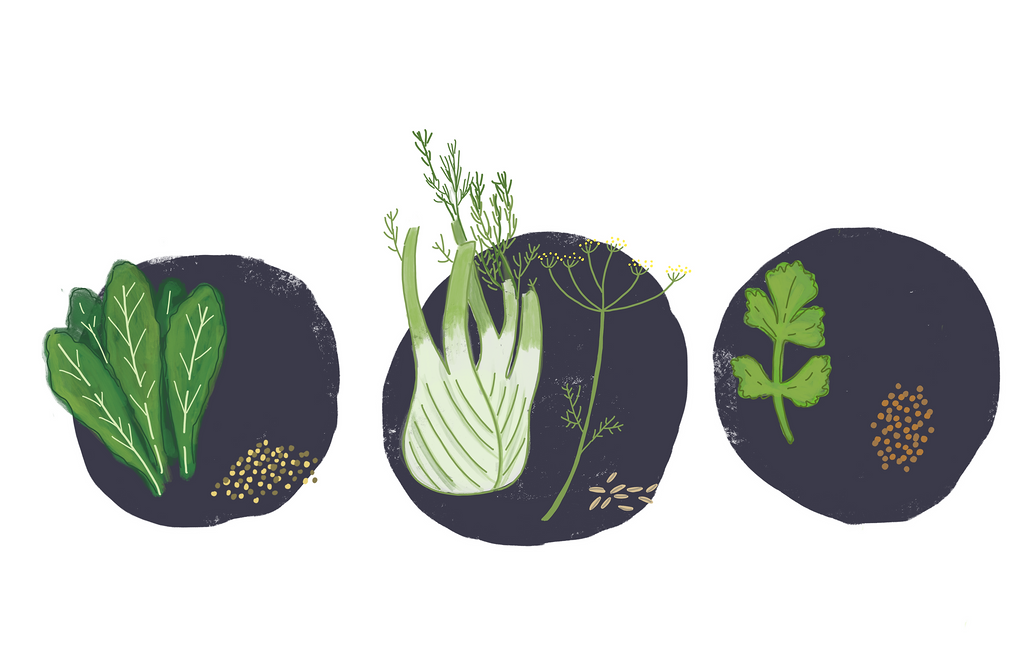
- Rue, sage, and basil: These three herbs can all damage each other by inhibiting their growth.
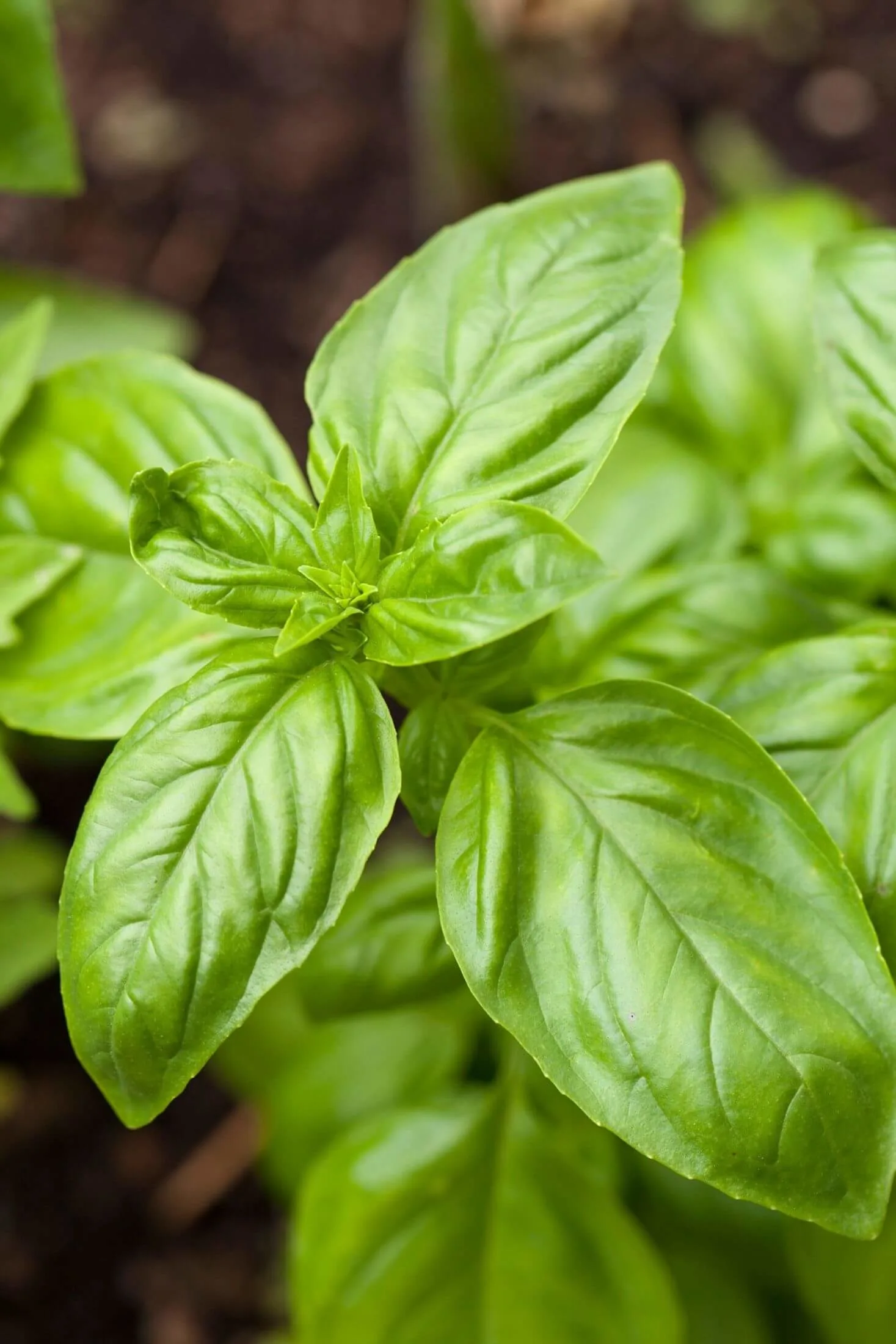
- Dill and lavender: Dill prefers acidic soil, while lavender prefers alkaline soil. These two herbs will not do well if planted together.
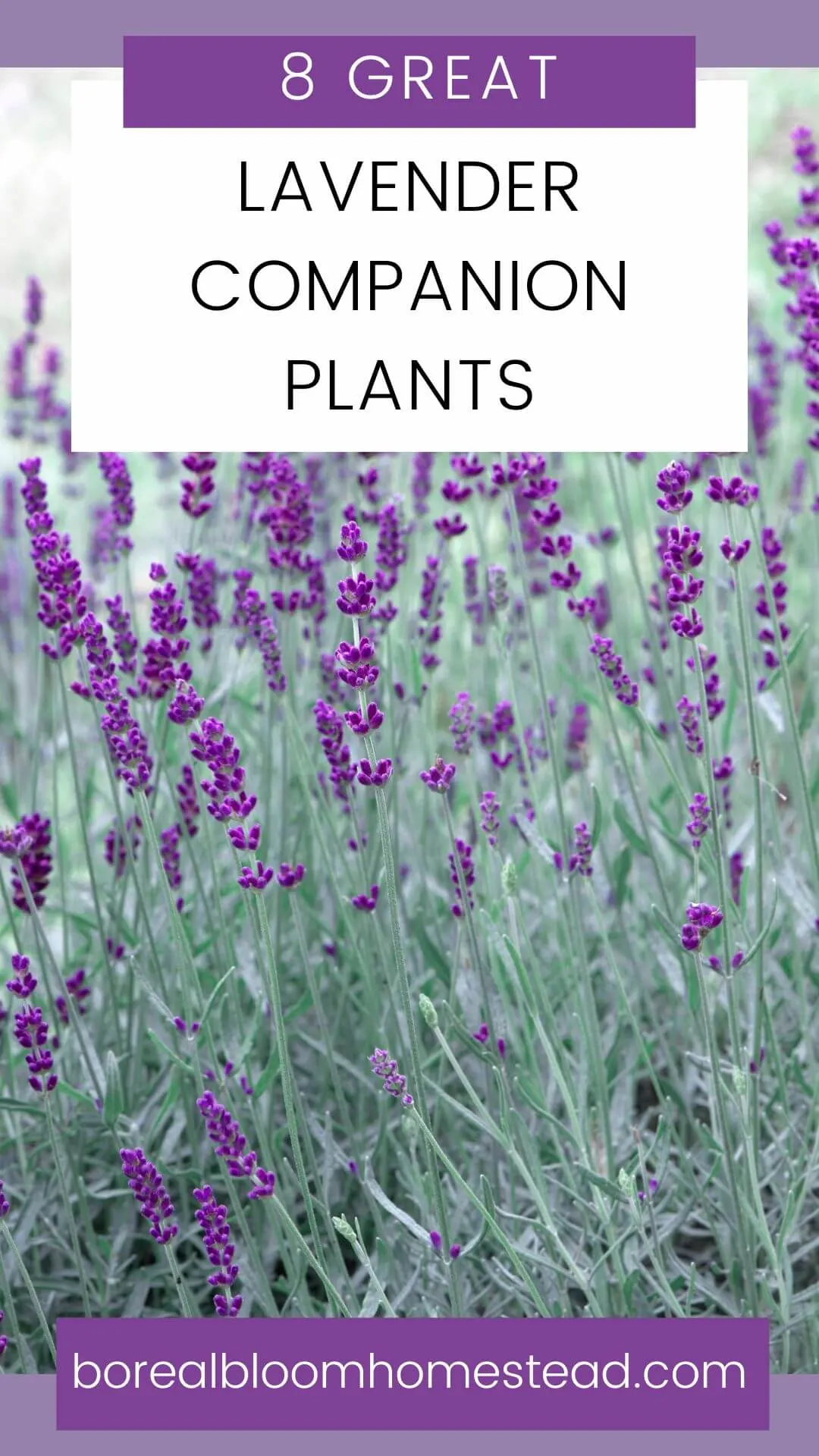
Conclusion
Companion planting with herbs is a great way to improve the productivity and health of your garden. By planting the right herbs together, you can attract beneficial insects, repel pests, and improve the flavor of your vegetables.
I hope this blog post has given you some ideas for companion planting with herbs. If you have any questions, please feel free to leave a comment below.
Companion planting is a great way to improve the health and productivity of your herb garden. By planting certain herbs near each other, you can attract beneficial insects, repel pests, and improve the flavor of your herbs.
Here are some examples of companion herbs:
- Basil: Basil is a good companion for tomatoes, peppers, and eggplants. It helps to deter pests and improve the flavor of these vegetables.
- Chives: Chives are a good companion for most herbs, including carrots, onions, and roses. They help to repel pests and attract beneficial insects.
- Dill: Dill is a good companion for carrots, tomatoes, and cucumbers. It helps to deter pests and improve the flavor of these vegetables.
For more information about companion herbs, visit Garden Wiki.
FAQ of companion herbs
- What are companion herbs?
Companion herbs are plants that are grown together because they benefit each other in some way. They may attract beneficial insects, repel pests, improve the flavor of each other's crops, or help to improve the overall health of the garden.
- What are some good companion herbs?
Some popular companion herbs include:
* Basil: Basil helps to repel mosquitoes and other pests, and it also attracts beneficial insects like ladybugs and hoverflies.
* Chives: Chives help to repel aphids, carrot flies, and other pests. They also improve the flavor of carrots, tomatoes, and other vegetables.
* Dill: Dill attracts beneficial insects like hoverflies and ladybugs, and it also helps to improve the flavor of cucumbers, carrots, and tomatoes.
* Mint: Mint helps to repel mosquitoes, ants, and other pests. It also improves the flavor of peas, beans, and strawberries.
* Oregano: Oregano helps to repel aphids, spider mites, and other pests. It also improves the flavor of tomatoes, peppers, and eggplants.
- How do I choose companion herbs?
When choosing companion herbs, there are a few things to keep in mind:
* The type of plants you are growing: Some herbs are better suited for certain types of plants than others. For example, basil is a good companion for tomatoes, but it is not a good companion for carrots.
* The pests and diseases that are common in your area: Some herbs are better at attracting beneficial insects or repelling pests than others. For example, dill is a good companion for carrots because it attracts hoverflies, which are a natural predator of carrot flies.
* The flavor of the herbs: Some herbs have strong flavors that can overpower the flavor of other herbs. For example, mint has a very strong flavor, so it is best to plant it away from other herbs with delicate flavors.
- How do I plant companion herbs?
When planting companion herbs, there are a few things to keep in mind:
* The spacing of the plants: Some herbs need more space than others. For example, mint is a very aggressive grower, so it is important to plant it in a pot or in an area where it has plenty of room to spread.
* The sunlight requirements of the plants: Some herbs need full sun, while others prefer partial shade. It is important to plant herbs in an area that gets the right amount of sunlight for their needs.
* The soil requirements of the plants: Some herbs prefer sandy soil, while others prefer clay soil. It is important to plant herbs in an area that has the right type of soil for their needs.
- What are some of the benefits of companion planting?
There are many benefits to companion planting, including:
* Increased crop yields: Companion planting can help to increase crop yields by attracting beneficial insects, repelling pests, and improving the overall health of the garden.
* Improved flavor: Companion planting can help to improve the flavor of crops by attracting beneficial insects, which help to pollinate the plants.
* Reduced pest and disease problems: Companion planting can help to reduce pest and disease problems by attracting beneficial insects, which help to control pests, and by improving the overall health of the garden.
* Reduced need for pesticides: Companion planting can help to reduce the need for pesticides by attracting beneficial insects, which help to control pests.
Image of companion herbs
null

Post a Comment for "The Ultimate Guide To Companion Herbs: Which Herbs Grow Well Together"